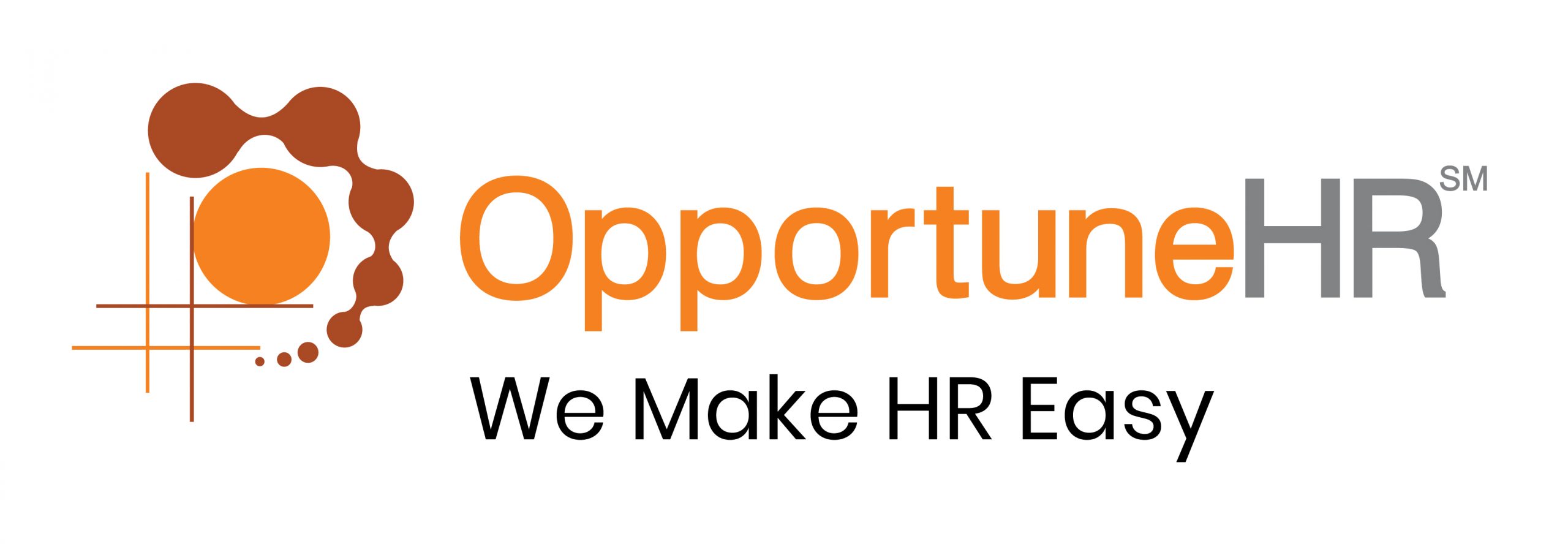That’s a question that needs deep thinking. We sat with our team of advisors, spoke to startup founders, some of our progressive SME clients and came up with 3 important factors from a human resource perspective.
Here are the 3 things a business leader must address in his or her SME organisation
1: Professional HR foundation:
What happens when you get a big business order? Or, your product gets traction in the marketplace? Customers call for a demo, but the sales team isn’t ready?
That’s a reality of most SME organisations who find sudden growth. They invest in advanced machinery and tools for production and maintenance, but sometimes don’t even have a professional HR manager in place. Or, if there is one, a junior team member, he or she can’t tackle the sudden surge of demand for new recruits.
Good talent asks for many policy-related questions which are unanswered. So, they don’t join. Or don’t remain in the organisation for a long time.
That’s why a professional HR foundation is a must for SME organisations who wish to grow, and looking for exponential business growth and long term success.
What do we mean by professional HR Foundation?
A professional HR means there are well-defined company policies and procedures that are tailored to the needs of your business. These policies should include guidelines on hiring, training, discipline, performance reviews, compensation, and benefits.
It is also important to make sure that these policies are communicated clearly throughout the organisation so that everyone is on the same page. Which needs well-structured documents.
Another important component of a professional HR foundation is to ensure compliance with all applicable laws and regulations. Business owners must make sure all employees are treated and paid fairly, and any workplace discrimination or harassment is dealt with properly.
Suggestion: Implement a good HRIS system for small companies: HRMS like OpportuneHR are specially designed HR and payroll software for SME businesses. The online payroll software has the best HR practices inbuilt into its design.
Finally, it is important to have an effective system in place for managing employee grievances and handling disciplinary issues. This should ensure that any issues are addressed quickly and appropriately.
Sit with your HR managers, if need be, hire some dedicated HR professionals full-time, or part-time senior consultants. This effort will come handy when the business will start growing.
It is interesting to note that startups go for HR foundation from the very beginning. They even opt for HR automation when they are a team of only 10 employees. While SME businesses wait for the organisation to grow. Sometimes they are already a 100 employee company, but policies are not well-defined.
So we highly recommend: Start working towards a professional HR foundation in your organisation.
When we have a professional HR foundation in place, the HR managers are free from mundane and repetitive tasks. They can take care of the 2nd pressing concern for HR today: Employee engagement!
Employee Engagement: The difference between the ordinary and the good organisations!
The competition for talent is high in the job market. So, retention of good employees can’t be taken for granted. Not in this connected world of 2023.
Companies create detailed employee engagement programs. This is where SME organisations are weak. And must work towards engaging the workforce.
Learn How SME Business Can organize Low Budget Employee Engagement Ideas
A high level of employee engagement leads to increased productivity, efficiency and profitability. Reduced employee turnover, and a stronger organisational culture, too.
When employees feel appreciated, valued and connected to their work, they are much more likely to stay with employers. This saves significant time, money and resources that would otherwise be spent on recruitment and training of new employees.
In short, SMEs must make employee engagement a priority!
Let’s underline one thing here:
Employees don’t ask for expensive treats; they want the respect and intent of the company. They appreciate that the organisation looks to them as human beings and takes care of their other needs. And not just look to them as work-horses.
Companies employ a variety of employee engagement activities. Some of the most popular are:
— recognition programs
— providing meaningful feedback
— opportunities for growth
Recognition programs recognize and reward employees for their hard work and accomplishments. This helps to create a sense of pride in them. It also motivates them to do better.
Providing meaningful feedback helps employees understand the significance of their work. It gives them clarity about how their work impacts the company. And provides them an opportunity to learn from their mistakes.
Finally, offering opportunities for growth through mentoring and training workshops helps them get to the next level of competency. It boosts employees’ confidence, increases their skill levels. Obviously it benefits the organisation, too.
By implementing an effective employee engagement strategy, companies can create an environment where employees feel valued and appreciated. This will help to improve morale, foster collaboration within teams, and ultimately lead to greater success for your SME organisation.
Now our 3rd recommendation for exponential growth–
2023 demands for data-driven decisions!
Data-driven HR decisions are increasingly becoming the business norm. From recruiting to HR budgeting, data is playing an important role.
Data-driven decisions enable organisations to better understand their employees’ needs and preferences. It helps HR teams to align business goals with HR decisions.
Data can be used to analyze trends, identify areas for improvement, and measure performance.
HRMS Software Solution can help here by capturing various data points like attendance, leave management, number of hours worked by employees VS total production quantity.
Timesheets will help you understand the true value of work and the right billable amount for your clients.
When there are contractor workers you can again get true picture of employees on your premises, how much they worked and what should be paid. This alone saves a lot of money for organisation.
And the most important thing: When you have data with you, it is possible to extrapolate how many more employees and work hours will be needed when the demand goes up.
Conclusion:
2023 is the year of consolidation and upgradation. If you are looking for growth in the coming months and years, do make professional HR a priority for your organisation. Implement HRMS System immediately to free HR managers for value-added work like employee engagement, HR analytics and recruiting and retention of good employees.








